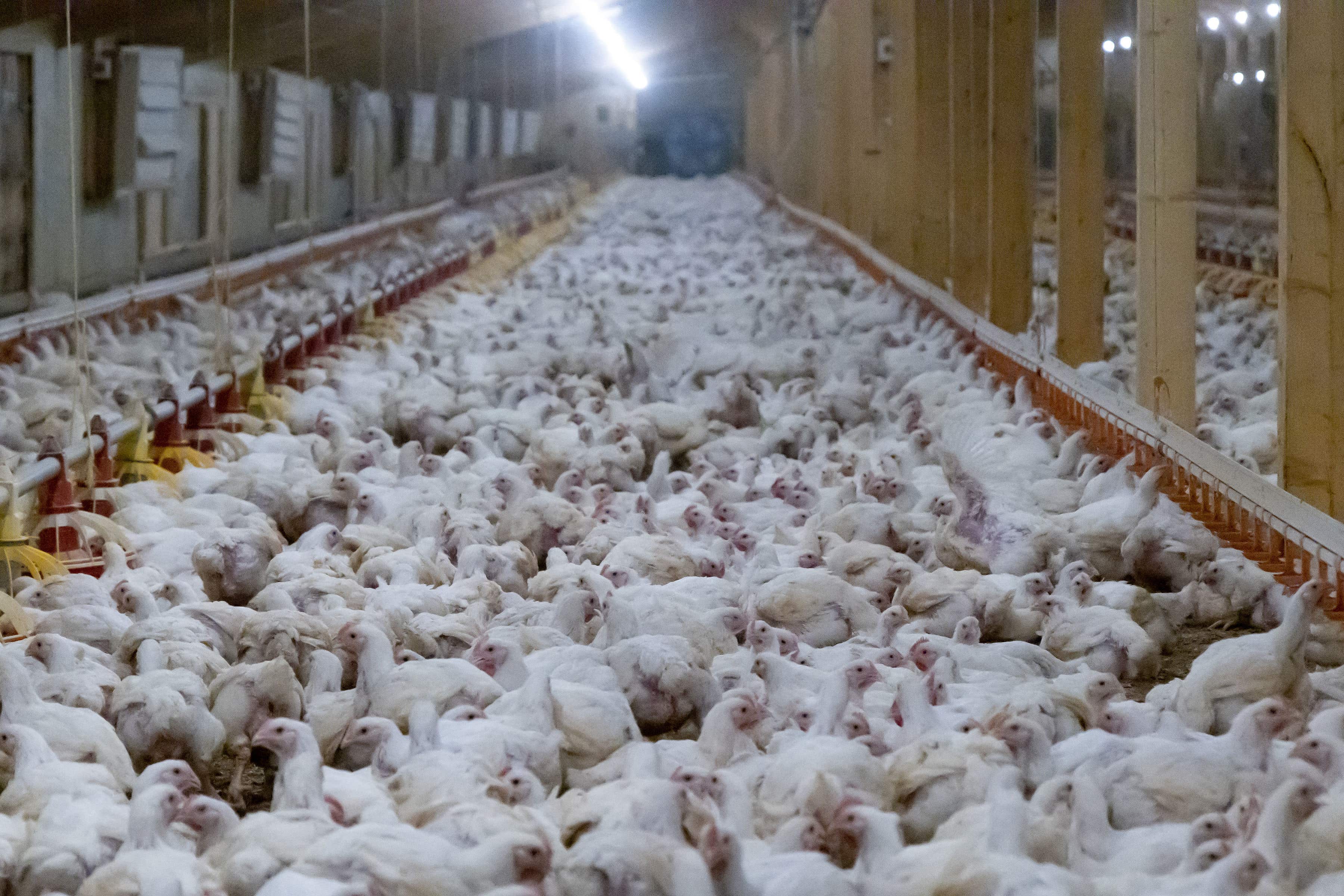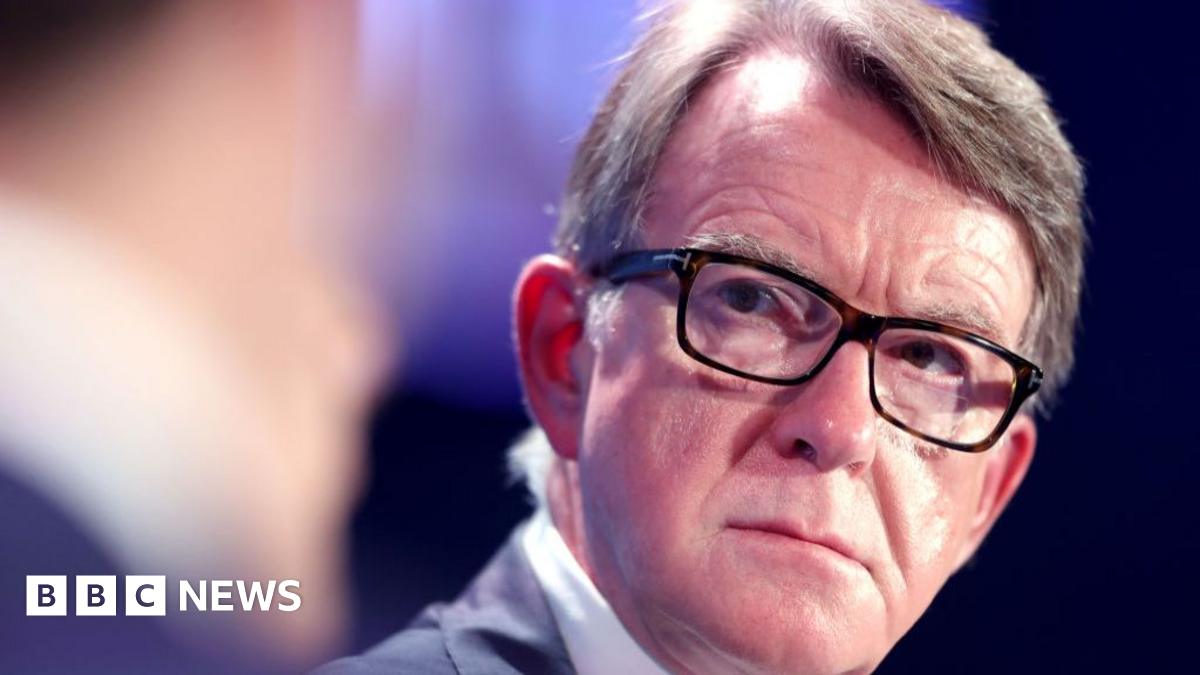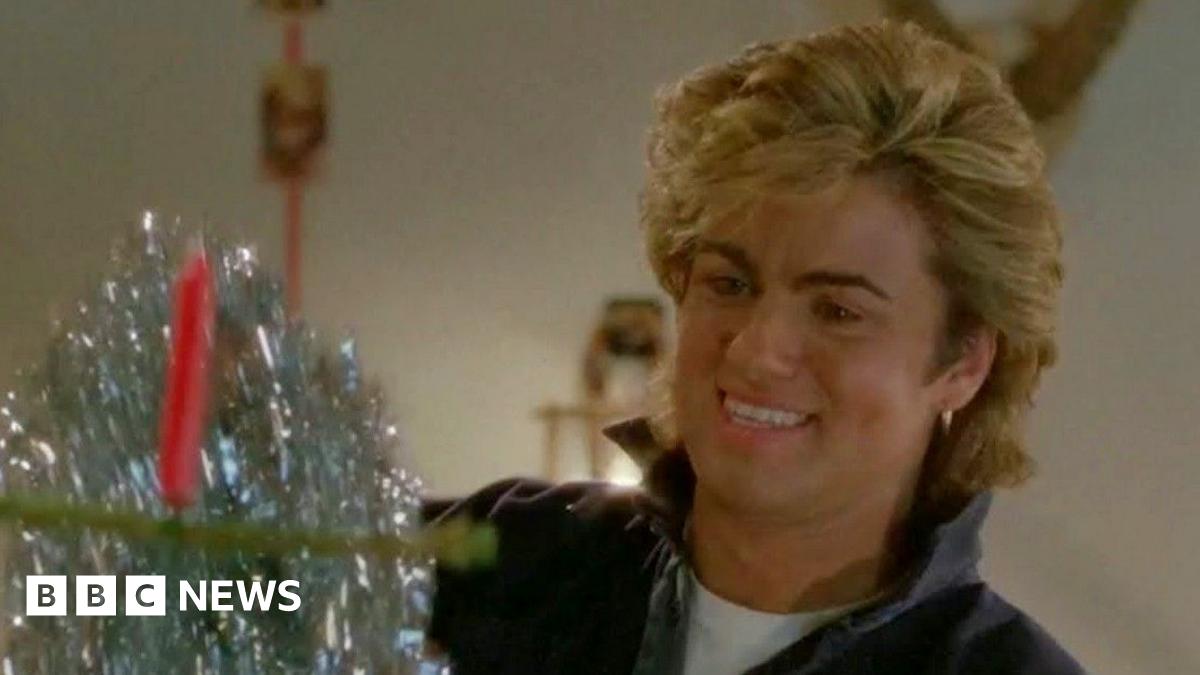World
Tesco and KFC could be selling chicken linked to illegal deforestation, report says

Major supermarkets and fast-food chains could be selling chicken fed with soya grown on land illegally deforested in some of the world’s most endangered ecosystems, a report is claiming.
Tesco and Sainsbury’s, and fast-food chains KFC and McDonald’s could be in danger of accidentally breaching new forest-protection laws after climate campaigners discovered a major UK supplier of chicken is linked to a business repeatedly accused of deforestation in Brazil.
One of the UK’s biggest chicken producers for supermarkets and other high-street brands, supplying millions of birds each week, has been found doing business with a US commodities giant at the centre of controversy over its soya production.
It’s thought to be the first time links have been found between the two meat giants.

Investigators tracked grain transporters from a soya plant owned by the US company to mills that supply feed to the UK producer’s network of more than 800 intensive poultry farms.
The investigation was carried out by climate campaign organisation Mighty Earth and AGtivist, an organisation seeking to expose the dangers of industrial farming.
The UK imports more than three million tonnes of soya each year, trade figures show – 90 per cent of which is used to feed animals reared for meat, mostly chicken. More than 70 per cent of that soya is from Brazil, Paraguay and Argentina.
A new report by Mighty Earth says sellers of chicken could be unknowingly buying soya from areas where trees have been illegally razed through this supply chain.

The report, called Foul Play, identifies seven cases of recent deforestation, totalling 11,827 hectares, in Brazilian regions supplying the UK with soya.
Brazil’s soya industry is driving the destruction of swathes of ecosystems. The investigators say the UK’s soya supply has significant links with Mato Grosso state, home to the Amazon rainforest, savanna and wetlands, and which has some of the country’s worst deforestation rates.
Forests are key to fighting climate change by absorbing damaging greenhouse gases, and also stem the tide of biodiversity loss, providing wildlife habitats.
This year Brazil suffered its worst forest fires in decades – an estimated 50,000 – further threatening some of the world’s most important ecosystems.
The fires were driven largely by factory farming, the report says. Greenpeace investigations have previously blamed fires on agricultural expansion for soya as chicken feed.

Brazil recorded a 149 per cent rise in burnt area last month against August last year, according to MapBiomas Brasil.
The report calls for robust UK environmental law to end soya-driven deforestation for the chicken sector, warning that without it, major retailers and fast-food chains will be unable to avoid illegal deforestation by suppliers.
Changes to legislation were delayed under the Conservatives, and Mighty Earth is urging Labour to bring them forward.
The government told The Independent it was planning an announcement on its policy.
Numerous investigations have revealed how millions of birds in the UK suffer in overcrowded intensive units, and fed on high-protein soymeal to make them grow at an exceptional, unnatural rate.
Gemma Hoskins, Mighty Earth’s UK senior director and the report author, said: “Supermarkets and fast-food chains rely on such suppliers for a steady supply of cheap, factory farmed chicken.

“Not only must the UK government act with urgency to bring forest destroyers to heel by ensuring that transparent and public reporting is enshrined in law, but it also needs to take a hard look at our food systems, and the impact they have on forests, nature and animal welfare.”
A spokesperson for the UK chicken supplier said: “We consider the sustainable sourcing of soy a critical global food industry issue that we are committed to tackling proactively,” adding: “We keep in close contact with all soy suppliers to comply with upcoming regulation and our commitments.”
A KFC UK spokesperson said: “Our suppliers must be deforestation and conversion-free by the end of 2025, and we evaluate their progress annually as part of our publicly available Soy Report. Ahead of 2025, we are holding dedicated meetings to review their plans for compliance with our soy sourcing policy.”
KFC is a member of the UK Roundtable on Sustainable Soy and EFECA, they added.
Sainsbury’s referred to a statement from the BRC. Its sustainability adviser, Sophie De Salis, said: “Retailers have been working collaboratively to tackle deforestation and drive greater uptake of certified sustainable soya in their supply chains through industry-led initiatives such as the Soy Manifesto.
“While retailers continue to make progress on their targets, they have long called for the British and Brazilian governments for tougher measures to tackle deforestation as legislative action is urgently needed to address this critical issue. The UK government must push ahead with the UK Forest Risk Commodity regulation.”
Neither Tesco nor McDonald’s responded to requests for comment.










